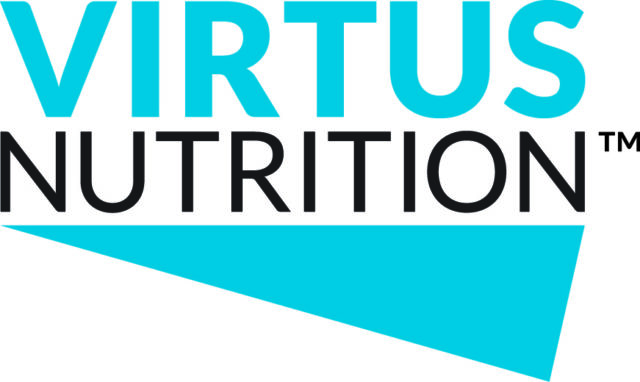“Glennon crunched some numbers and figured that in 2012, roughly 50 billion gallons of western water — enough to supply the annual household needs of half a million families — were exported to China. Not literally bottled up and shipped, but embedded in alfalfa crops grown with irrigation water,” reads anarticle by Ben Jervey in National Geographic. “And that's just to China, which still trails Japan and the United Arab Emirates as a top destination for American alfalfa.
The concept of exporting "virtual water" is not new, and the U.S. has exported trillions of gallons of it over the past couple of decades. The U.S., in fact, exports more than twice as much virtual water – about 82 trillion gallons – as any other country, according to 2011 UNESCO-IHE Institute for Water Education report. The reason is growing demand in the Middle East and Asia.
“Japan, with established dairy demand and little land to produce hay, has been the largest importer of alfalfa from the U.S. for decades, but China and the United Arab Emirates are fast gaining ground,” the article reads.
"We get a lot of criticism for how much water is going overseas in the form of alfalfa," said Dave Sharp, a grower in Yuma County, Arizona, "but alfalfa is exported far less than wheat or rice." Alfalfa, he said, is part of a regular rotation on his fields that responds to the seasons and helps sustain the soils.
Glennon told National Geographic that he has some ideas on how to create an alternative for farmers than exporting hay and water used to produce it.
One answer he says is to “rework the laws and restrictions that discourage or even prohibit farmers from selling or leasing their rights to irrigation water.” He also proposes a "temporary suspension of summertime irrigation of alfalfa," with changes in policy that encourage farmers to sell limited volumes of their righted water to the highest bidder.
“The legal trick is ensuring that farmers don't lose their rights if they don't use their water and lease it out in stead.” He says opening the water market would curtail exports.
"I'm not villainizing farmers or alfalfa," Glennon says. "But I want to expand the market for people who have the rights to this water to sell it." FG
—Summarized by FG staff from cited source
Forage Industry News
Alfalfa villainized by western water deficiencies
BUYER'S GUIDE
VISIT OUR BUYER’S GUIDEAs
the industry leader in fatty acid nutrition for dairy cattle, Virtus
Nutrition precisely formulates and manufactures essential fatty acid
supplements that are proven to deliver significant gains in production
efficiency and reproductive per...
Weberlane is a Canadian manufacturer that has been building quality,
heavy duty trailers in Southern Ontario since the early 1980’s. With a
broad range of trailers, from small utility to 30 ton rock dumpers,
Weberlane makes trailers that go whe...
-
LATEST NEWS
-
-
-
-
December 2024 new product rollout
December 3, 2024
-








